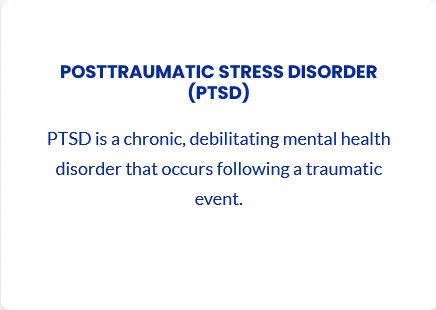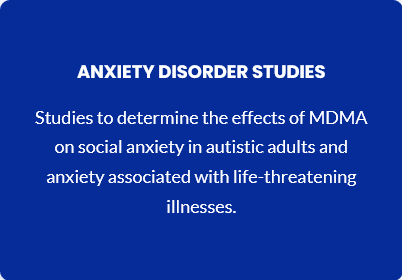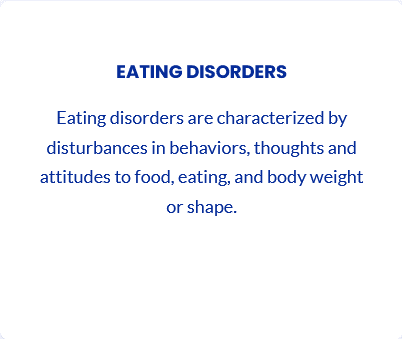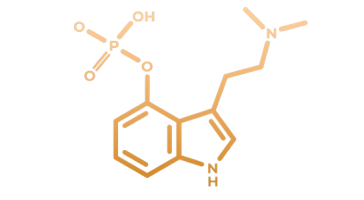The return of MDMA as a therapeutic agent
MDMA is back with a vengeance when it comes to utilizing its therapeutic potential. In addition to LSD and psilocybin, MDMA has been pushed into the background for years by being labeled as an illegal and dangerous drug. Renewed research ensures that these drugs receive the right attention again and can be used as therapeutic agents again psychedelic assisted therapy (PAT). The video below explains the history of psychedelics and why psychedelics are starting to be used again in therapy.
MDMA therapy can be used for various purposes
Most studies done with MDMA as a therapeutic tool are about treating PTSD and anxiety complaints such as social anxiety. Below you can see the top 3 research areas sponsored by the non-profit organization MAPS.



Some other options for MDMA assisted therapy are the treatments for low self-esteem and relationship therapy. We expect more research into other areas of research, such as addiction and depression, in the coming years.
The MDMA treatment explained
The positive effect of an MDMA treatment is not only due to the chemical effects of the MDMA. The combination of the effects of the drug, the correct preparation, the therapeutic setting, the intention of the participant and the involvement of the supervisor drastically increases a successful session. MDMA can temporarily reduce anxiety and dramatically increase positive emotions toward oneself and others. This ensures that confidence is increased without clouding the sensory perception while still allowing access to all emotions. MDMA can catalyze therapeutic processing by allowing participants to remain emotionally engaged while reliving traumatic experiences without being overwhelmed by excessive fear or other painful emotions. Furthermore, MDMA may enable a heightened state of empathic understanding in the therapeutic process and provide a corrective experience of secure attachment and collaboration with the therapists. At some point during the MDMA experience, feelings of empathy, love and deep appreciation may be experienced along with a clearer perspective of the trauma as a past event and a heightened awareness of support and safety in the present.
Research participants have said that being able to successfully process painful emotions during MDMA-assisted therapy has given them a way to feel and express pain that has changed their relationship with their emotions. MDMA can also provide access to meaningful spiritual experiences and other transpersonal experiences, the release of tension in the body and a sense of healing in ways that cannot be explained intellectually with words.
More information about the MDMA sessions
Want to learn more about MDMA therapy? You can read more about our MDMA sessions via the link below:
Would you like to watch a documentary about MDMA and how it works? Then we recommend How To Change Your Mind (Episode 3) on Netflix and it can be found via this link:






